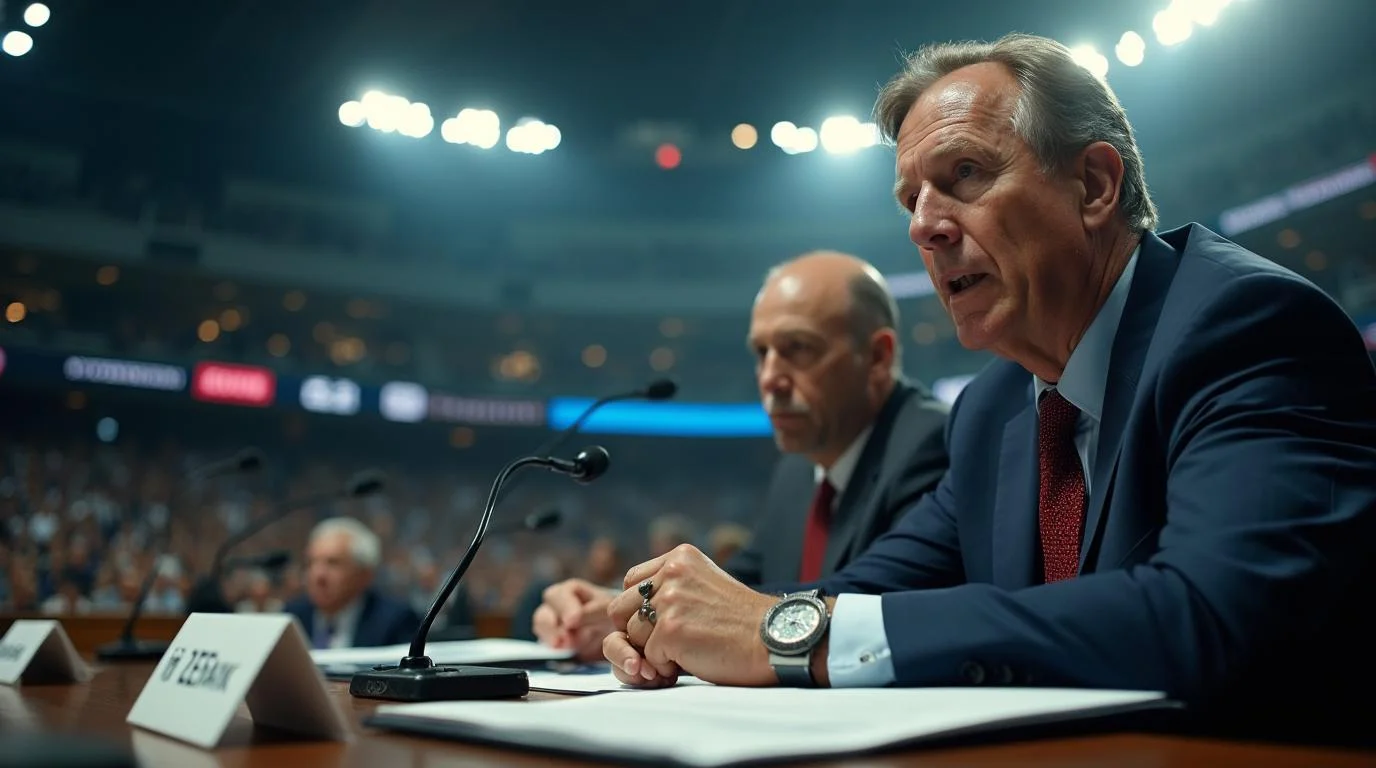Background on Federal and State Sports Betting Rules
Congress usually leaves gambling regulation up to individual states. That’s especially true since the defanging of the Professional and Amateur Sports Protection Act, 1992 (PASPA), a nationwide prohibition on sports betting (with a few exceptions), which the US Supreme Court determined in 2018 to be unconstitutional.
Why Congress Is Looking Into Sports Betting Now
Recent indictments against players in leagues like MLB and the NBA, accusing them of manipulating games or pitching patterns to profit from bets, have raised major integrity concerns.
The Senate Commerce, Science, and Transportation Committee has formally opened investigations, requesting detailed information from MLB and other major leagues about actions taken to address these allegations.
Meanwhile, some lawmakers argue the patchwork of state rules is too inconsistent to manage a national industry. Some of the issues that are causes for concern include aggressive marketing and increased gambling addiction, especially in young men.
Should Congress Get Involved at All?
Despite sports betting traditionally being a state-level issue, Congress is now weighing whether a national response is needed to protect consumers, safeguard the integrity of sports, and close regulatory gaps created by the state-by-state approach.
Even though states decide whether betting is legal, Congress still holds broad authority over interstate commerce. And modern sports betting is undeniably interstate.
So, yes. Congress could choose to regulate sports betting directly – and even ban it or prohibit certain types of bets. What it can’t do is to force states to pass or enforce laws themselves, or, as was the case with PASPA, order states to keep their own prohibitions in place.
Focus on In-Play Prop Betting
The practice of in-play “prop” betting, where gamblers wager on the minutiae of a game rather than just the final result, has been pulled into sharp focus by recent betting scandals. Critics say the format creates ideal conditions for match-fixing because it’s easier for an athlete to manipulate small aspects of the game than the entire result.
Could Congress Ban In-Play Betting?
Legally, yes, because sports betting is an example of interstate commerce. Politically, probably not.
A ban would meet pushback from states (which get tax revenue), sportsbook, sports leagues (who sell live data), and millions of bettors.
Bottom Line: A Likely Federal Baseline
Instead, Congress is probably looking at this as a chance to impose a national baseline on the sports betting industry – a national regulatory “floor” that would include responsible-gaming rules, age verification standards, data reporting requirements, and perhaps targeted limits on the riskiest forms of in-play betting.




























